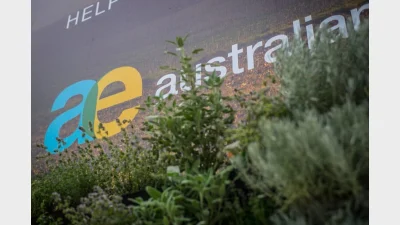IFSA takes award fight to Senate committee
The Investment and Financial Services Association (IFSA), already upset over the Australian Industrial Relations Commission’s approach to award sanctioned superannuation funds, has taken its concerns to a key Senate committee.
IFSA has made a submission to the Senate Education, Employment and Workplace Relations Committee inquiry into the Fair Work Bill 2008 arguing that mandating a default fund in awards results in a range of negative public policy outcomes including inconsistency with Australia’s long-term micro-economic reform agenda, the imposition of higher fees on superannuation fund members and a lack of flexibility.
The IFSA submission argues that the Senate Committee should recommend amendments to the Fair Work Bill to ensure the default superannuation market in Australia is competitive.
It has suggested that as an alternative to the mandating of particular default funds, there should be no default fund nominated within awards or, where such a fund is nominated, employees or employers nominate an alternative.
The submission argues that modern awards should also ensure any funds nominated as default funds have to meet consistent criteria which are generic in nature and apply across all industries.
Recommended for you
First Nations Australians have faced systemic barriers accessing super, with rigid ID checks, poor service, and delays compounding inequality.
“Slow and steady” appears to be the Reserve Bank’s approach to monetary policy as the board continues to hold on to its wait-and-see method.
AFCA’s latest data has shown a decline in complaints relating to superannuation, but there is further work to be done, it has warned super funds.
Limited exposure to fossil fuel companies has positively impacted the performance of Australian Ethical’s balanced and growth funds, the super fund says.











